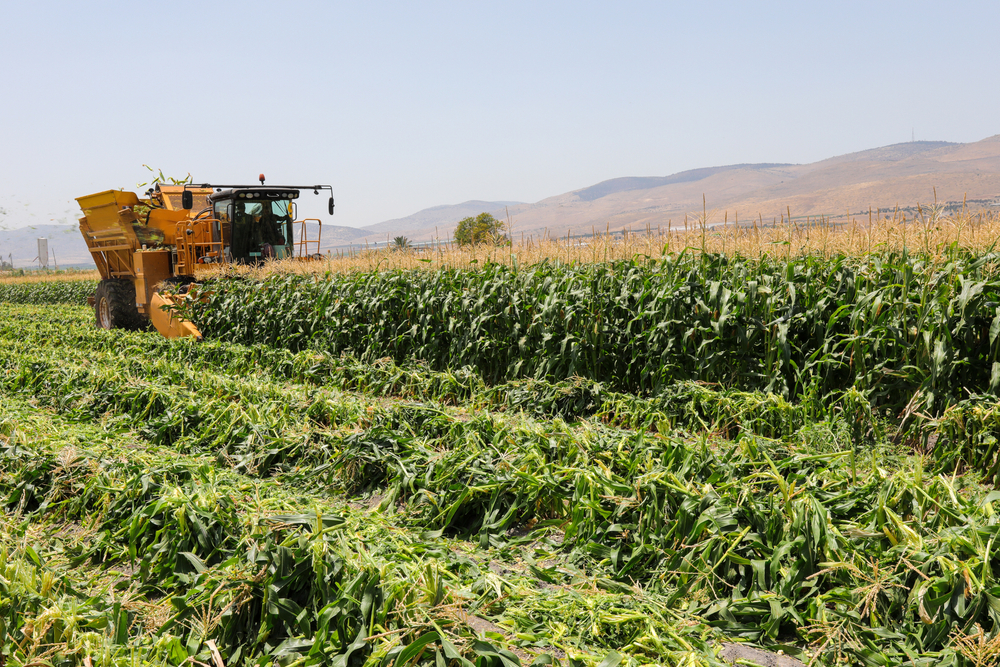KEY STRATEGY ISSUES FOR AGRICULTURAL COMPANIES IN AFRICA TO CONSIDER AS THEY PLAN FOR THEIR 2025 BUSINESS
December 12, 2024 Strategy
Short-Term
1. Crop Diversification: Explore new high-demand crops.
2. Mechanization and Technology: Adopt efficient farming equipment and technology.
3. Irrigation and Water Management: Develop sustainable water management systems.
4. Market Access and Linkages: Establish strong market relationships.
5. Regulatory Compliance: Align with Agricultural Quarantine Service and other regulatory bodies.
Medium-Term
1. Value Chain Development: Integrate processing, storage, and logistics.
2. Investment in Research and Development: Develop new crop varieties and farming techniques.
3. Partnerships and Collaborations: Foster strategic partnerships with local and international companies.
4. Capacity Building: Enhance staff skills and training.
5. Sustainability and Environmental Practices: Implement environmentally friendly farming practices.
Long-Term
1. Integration into Global Value Chains: Participate in international agricultural production networks.
2. Agricultural Industrialization: Develop agro-industrial parks and processing zones.
3. Regional Cooperation: Collaborate with neighboring countries.
4. Digital Agriculture: Leverage technology for precision farming.
5. Youth Engagement and Empowerment: Attract and train young farmers.
Regulatory and Policy Considerations
1. Agricultural Policy Framework: Align with the government’s agricultural policy.
2. Land Reform: Understand and navigate land ownership regulations.
3. Trade Agreements: Utilize bilateral and multilateral trade agreements.
4. Environmental Regulations: Comply with environmental regulations.
5. Taxation and Fiscal Policy: Navigate tax regulations.
Financial Considerations
1. Access to Finance: Explore funding options.
2. Risk Management: Mitigate market, credit, and operational risks.
3. Insurance and Crop Protection: Develop risk management strategies.
4. Cost Reduction: Improve operational efficiency.
5. Return on Investment: Optimize profitability.
Operational Efficiency
1. Supply Chain Management: Streamline input procurement and output marketing.
2. Inventory Management: Optimize stock levels.
3. Equipment Maintenance: Implement predictive maintenance.
4. Quality Control: Enhance product quality.
5. Performance Monitoring: Track key performance indicators (KPIs).
Digital Transformation
1. Digital Farming Platforms: Leverage technology for precision farming.
2. Data Analytics: Utilize data-driven insights.
3. E-Commerce Platforms: Establish online market presence.
4. Automation: Implement process automation.
2. Data Analytics: Utilize data-driven insights.
3. E-Commerce Platforms: Establish online market presence.
4. Automation: Implement process automation.
5. Cybersecurity: Ensure data protection.
By addressing these strategy issues, agricultural companies in Nigeria can:
– Enhance productivity
– Increase market share
– Improve operational efficiency
– Align with regulatory requirements
– Achieve sustainability
And ultimately achieve their 2025 business goals.



